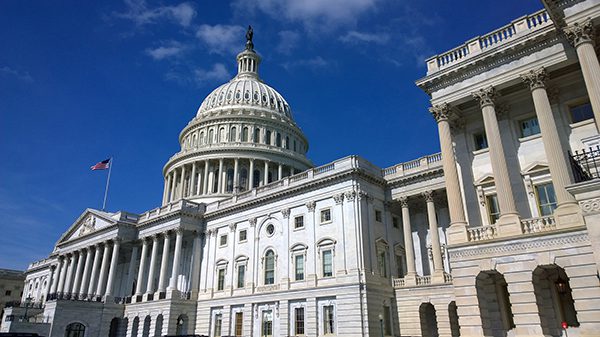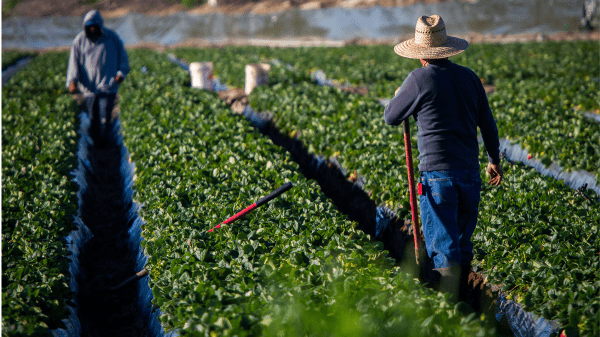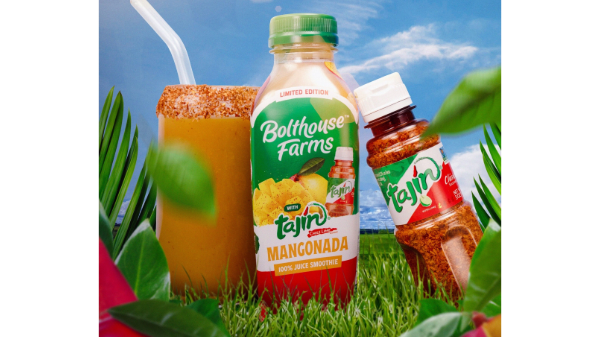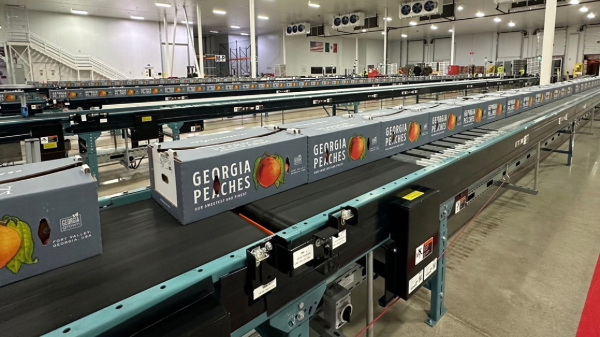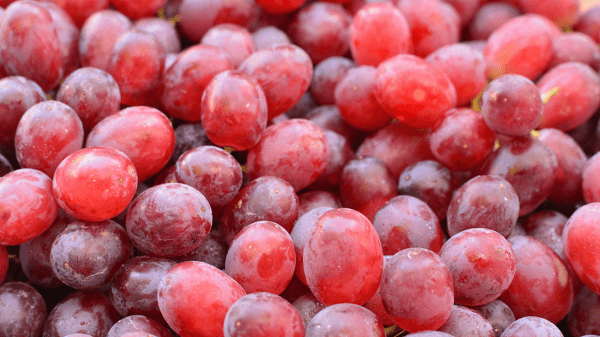Welcome to Blue Book!
Are you ready to join the thousands of companies who rely on Blue Book to drive smarter decisions? View our plans and get started today!
Still have questions? We’d love to show you what Blue Book can do for you. Drop us a line– we’ve been waiting for you.
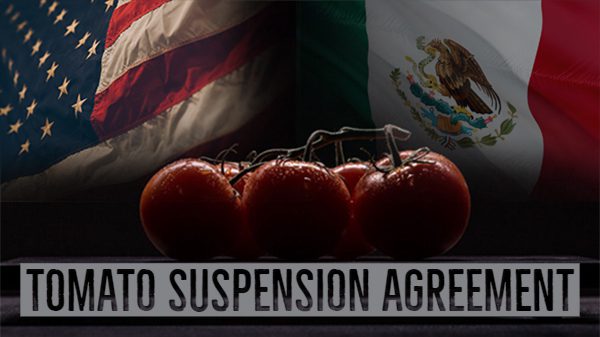
Earlier in June, as the produce industry “fought for fresh” with Congressional representatives at IFPA’s Washington Conference, a group of Florida tomato leaders met with government officials to encourage them to finalize the termination of the tomato suspension agreement for Mexican tomatoes.
In April, the U.S. Department of Commerce announced its intent to withdraw from the 2019 Agreement Suspending the Antidumping Investigation on Fresh Tomatoes from Mexico.
Robert Guenther, executive vice president of the Florida Tomato Exchange, BB #:162441 told Blue Book last week that he and growers from across the country held about 20 meetings over two days with members of Congress.
He said the growers “shared firsthand how the 2019 suspension agreement and the four previous suspension agreements all failed to shield U.S. tomato producers from injury caused by dumped Mexican tomatoes, as they were required to do under U.S. law.
“We’re deeply grateful for their time, attention, and continued support for restoring fair and transparent agricultural trade. In addition, we met with Administration officials at the White House and the Department of Commerce.”
Guenther said growers represented farms and families from Florida, California, Michigan, Georgia, South Carolina, Virginia, Maryland, and Tennessee.
“Their voices are the heartbeat of this industry,” he said. “They showed up with clarity, courage, and conviction to tell the truth about what’s happening on the ground. The response from lawmakers and government officials was strong and encouraging. They understand that this is a national issue that demands action and enforcement of existing trade laws.”
Guenther said his group will stay engaged in the process to ensure the agreement is finalized on July 14.
A few weeks ago, the Controlled Environment Agriculture Alliance made it clear that they do not support ending the agreement and instead urge for a stable tomato marketplace.
CEA Alliance executive director Tom Stenzel said the suspension agreement challenge is as much with the greenhouse tomato market as it is with Mexican imports.
Guenther said he’s not surprised with CEA’s position since many of its members are importers of tomatoes he says were illegally dumped in the U.S. market.
“The issue isn’t about growing methods—it’s about enforcing U.S. law and fair pricing,” Guenther said. “Consumers don’t distinguish between greenhouse and field-grown tomatoes at the point of sale, and neither do U.S. unfair trade laws. We believe a stable market starts with a level playing field and accountability across the board.”



